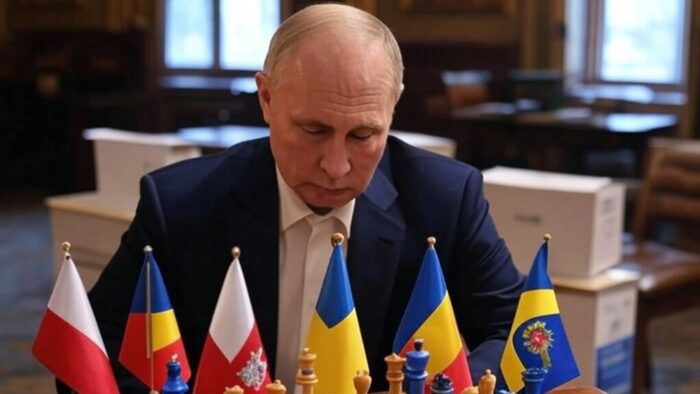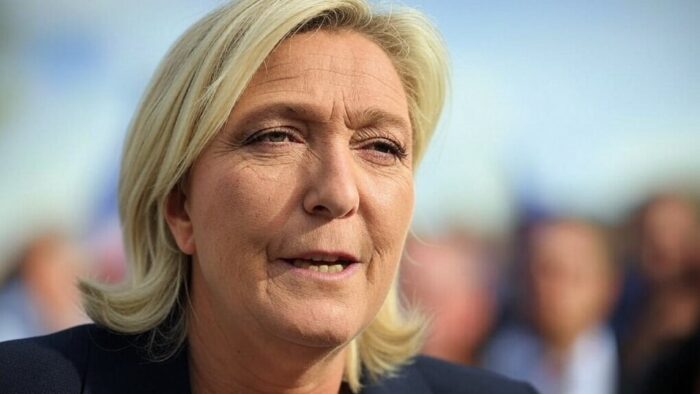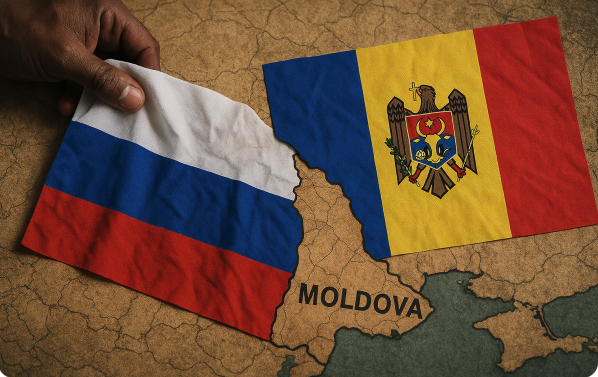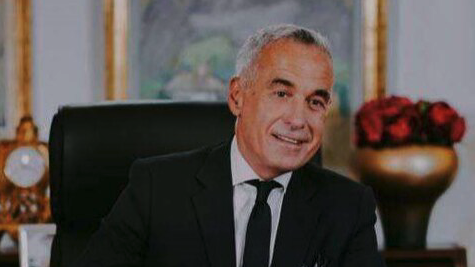Russian election interference tactics are transforming Eastern European politics amid critical elections in Romania, Moldova, and Georgia. On 15 April 2025, Daily Sabah reported that Romania, Moldova, and Georgia are experiencing varying degrees of Russian influence operations during recent elections, with different outcomes based on their NATO and EU relationships. The article begins:
Romania, Moldova and Georgia walk a tightrope between Western integration and Russian influence. Relations between the United States and the Russian Federation have fluctuated since the Cold War, with tensions escalating in recent years due to the Ukraine crisis, cybersecurity issues, and regional influence struggles. As of April 2025, the dynamics between these global powers hold significant implications for Eastern Europe and Black Sea countries, such as Romania, Georgia and Moldova. These countries, whose geopolitical positions have fostered complex relationships with the Russian Federation, gained independence and embarked on distinct paths within the international system following the dissolution of the Soviet Union. However, Russia’s persistent efforts to maintain and expand its regional influence have profoundly shaped their domestic politics and foreign relations.
Key Points
- Romania’s Constitutional Court annulled the 2024 election results after evidence emerged of Russian-backed social media manipulation supporting far-right candidate Călin Georgescu.
- Moldova’s President Maia Sandu won reelection with a narrow EU referendum victory of 50.46%, despite alleged Russian voter bribery and anti-referendum campaigns.
- Georgia’s ruling Georgian Dream party maintains economic ties with Russia while facing criticism over the passing of a Russia-backed “foreign agents” law.
- U.S. military presence in Romania expanded in March 2025, while Moldova received new aid for infrastructure and cybersecurity to counter Russian influence.
Russian Election Interference Tactics in Eastern Europe
Russia’s multifaceted campaign to undermine democratic processes in Eastern Europe has intensified, targeting presidential elections through coordinated disinformation, illicit financing, and digital manipulation. According to GIOR research and supplemental sources:
- In Moldova, authorities accused Russian actors of spending €200 million to influence the 2025 presidential election, prompting UK sanctions against a pro-Russian network implicated in referendum bribery.
- In Romania, intelligence services uncovered a massive TikTok-based interference operation that elevated a far-right candidate through coordinated social media influence and foreign funding. Romanian officials emphasized that TikTok’s algorithm disproportionately amplified far-right and pro-Russian messaging, a pattern corroborated by independent investigations. EU officials have launched inquiries into whether platform algorithms and data handling practices contributed to the spread of foreign influence.
- In Poland, officials warned of Russian hybrid threats targeting the presidential election, pointing to coordinated digital influence operations.
Collectively, these efforts are part of a broader Kremlin strategy to destabilize pro-European governance and reshape public sentiment through a blend of digital subversion and political infiltration, as illustrated in a comprehensive GIOR analysis on Eastern European elections. Germany’s domestic intelligence agency similarly reported a surge in Kremlin-backed disinformation campaigns, noting that Russian operations are evolving to use local actors and multilingual content, making detection more difficult. These findings underscore the increasing sophistication and platform-specific targeting in Russia’s election interference playbook.
External References
-
Russia Accused of Dirty Tricks to Dash Moldova’s EU Membership Hopes
-
Russian Interference: Coming Soon to an Election Near You
-
Romania’s cancelled election is a lesson in social media manipulation
-
EU opens investigation into TikTok over election interference
Disclaimer:
The Global Influence Operations Report (GIOR) employs AI throughout the posting process, including generating summaries of news items, the introduction, key points, and often the “context” section. We recommend verifying all information before use. Additionally, images are AI-generated and intended solely for illustrative purposes. While they represent the events or individuals discussed, they should not be interpreted as real-world photography.












